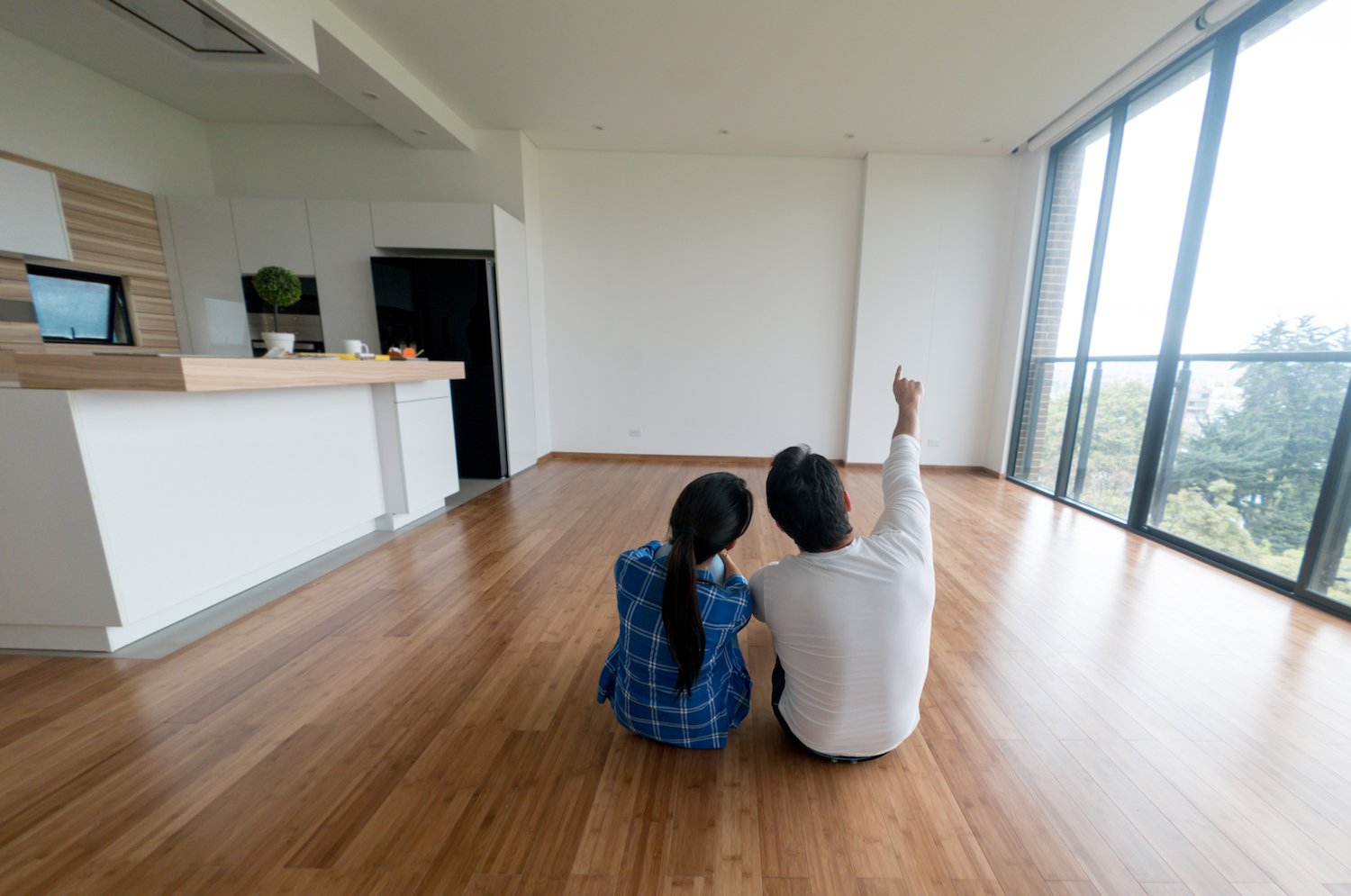MAS is warning of a “large supply” of unsold homes, and coming economic uncertainty down the road. Here’s what to look out for:
A looming oversupply issue

According to the MAS Financial Stability Review on 28th November, the rising number of unsold homes “could place downward pressure on prices in the medium term, if unaccompanied by a corresponding rise in demand”.
The report says there were 4,377 unsold units (excluding Executive Condominiums) in Q3 2019, which is more than twice the number of unsold units at the same time last year (there were just 2,172 unsold units in Q3 2018). MAS warns it’s likely to get worse, as developers launch new projects from the en-bloc frenzy of 2017.
Around 2017, I already mentioned there was a risk of a lot of unsold units coming on the market; this was due to the large number of (mainly) Chinese developers, with deep pockets, buying up every land plot in sight. Now, we’re going to see a lot of new launches in a market with tighter cooling measures (the most recent in 2018), and a tough economic climate.
Uncertain times ahead

The MAS report notes that hiring has slowed, and there are now fewer job vacancies than unemployed persons. In addition, more workers are on shorter hours, or temporary lay-off (but retrenchments remain low).
The ongoing economic situation could result in an extended period of low GDP growth. Wages aren’t likely to rise while trade tensions rage, and that could make it harder to service home loans. It’s unlikely that we’ll see a lot of fire sales though, since MAS long ago took the step of imposing the Total Debt Servicing Ratio (TDSR).
(Under the TDSR framework, a home buyer’s monthly loan repayment, plus any other debt obligations, cannot exceed 60 per cent of their monthly income).
MAS says the mortgage servicing ratio for the median household remains below 60 per cent, under a severe stress scenario of a 10 per cent fall in income, and a 250
MAS said its simulations indicate that the households’ debt servicing burden remains manageable under stress situations. The mortgage servicing ratios for the median household remains below 60 per cent, under a severe stress scenario of a 10 per cent fall in income and a 250-basis-point increase in mortgage rates.
(Translation: If incomes fall 10 per cent and mortgage rates rise 2.5 per cent, the typical household will still only pay less than 60 per cent of its monthly income to service the home loan).
But lower-income households with private properties could find they’re paying 70 per cent or more of their monthly income to cover the mortgage; that’s not a financially healthy state to be in.
What does all this mean for home buyers?

If you’re hoping for a sharp drop in prices and panicked sales, you’ll be disappointed. With regard to resale, Singaporean households have a lot of holding power; as mentioned above, most of them won’t be in dire straits, even if wages aren’t growing. Most of them are quite capable of waiting out this situation, and selling at some better time.
As for developers, they’ll feel the pinch for sure; but there just isn’t much room for them to lower prices. The en-bloc craze in 2017 also drove land prices up, due to aggressive bidding. Some of the developments coming from that era are already sold on thin margins.
As such, the main expectation home buyers can have is that prices are likely to stay flat for a while.
We also shouldn’t discount the growing interest of foreign investors
Despite higher ABSD, foreign buyers are still lured by Singapore property; particularly luxury real estate. As mentioned in this article, Singapore real estate is seen as a safe haven by investors, both local and abroad. In addition, one of closest competing real estate markets – Hong Kong – is currently experiencing political turmoil.
As such, we may see increased demand from foreign investors, as we become the literal and metaphorical port in a storm.
What’s your take on the property market situation? Voice your thoughts in our comments section or on our Facebook community page.
Looking for a property? Find the home of your dreams today on Singapore’s largest property portal 99.co! You can also access a wide range of tools to calculate your down payments and loan repayments, to make an informed purchase.
2 days ago · 4 min read ·
Source: 99.co (02 Dec 2019)
